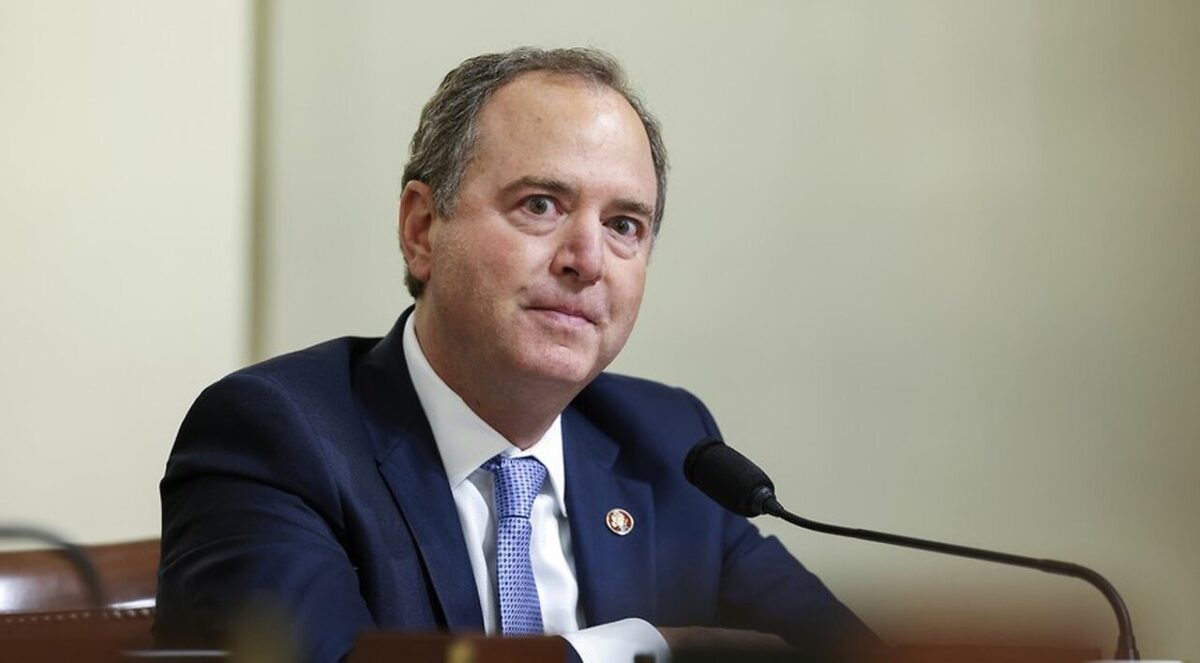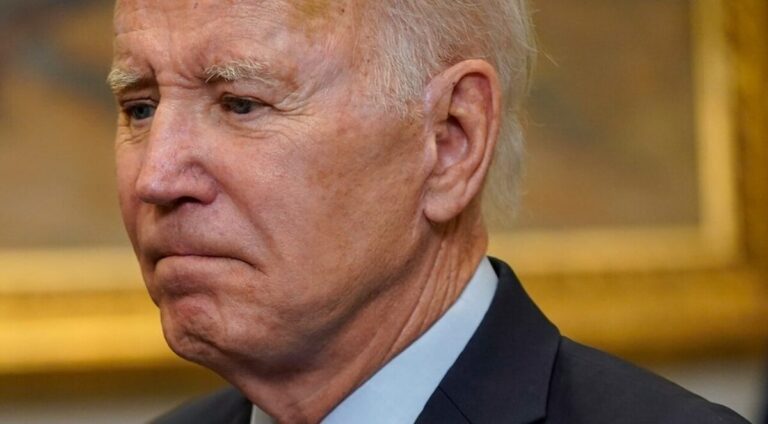The Department of Justice is preparing a significant overhaul of its internal process for prosecuting corrupt politicians — and for once, it might actually make it easier to hold them accountable.
According to The Washington Post, and now confirmed by DOJ officials, a new plan would allow prosecutors to indict members of Congress and other public officials without first securing approval from the DOJ’s Public Integrity Section (PIN) — a unit historically tasked with overseeing high-level political corruption cases. If implemented, the move would remove a layer of bureaucratic red tape that many argue has been a shield for the powerful and politically connected.
Let’s be clear: this is a big deal. Under the current rules, prosecutors working on corruption cases involving lawmakers must get formal approval from PIN attorneys before filing charges. That’s not just a rubber-stamp consultation — it’s a mandatory sign-off. The result? Delays, watered-down cases, or outright refusals to prosecute, all in the name of “oversight.”
This reform would change that, decentralizing authority and giving more power back to U.S. Attorneys in the field. In other words, less Washington swamp interference.
As one DOJ official put it, “The point of the review is to ensure that equal responsibility is held in the field at U.S. Attorney’s Offices as opposed to centralizing all authority in PIN.”
And that couldn’t come at a better time.
The Public Integrity Section, once 30 prosecutors strong, has withered in recent years — shrinking under Trump to just five active prosecutors. That’s hardly a battalion equipped to root out systemic corruption, especially when major scandals involving elected officials like Eric Adams and Bob Menendez still rely on PIN’s greenlight to move forward.
While the proposal hasn’t been finalized, its adoption could finally open the door for real accountability — not just for low-level grifters, but for high-profile figures like Senator Adam Schiff and Liz Cheney. Schiff, who infamously pushed the false Russia hoax, and Cheney, who weaponized her seat on the January 6 Committee against political opponents, have long acted as though the rules don’t apply to them.
If the DOJ is serious about restoring public trust, allowing regional prosecutors to do their jobs without running everything through a politically entangled D.C. office is a solid start.
For the first time in decades, corrupt politicians might have a real reason to sweat.




Leave a Comment